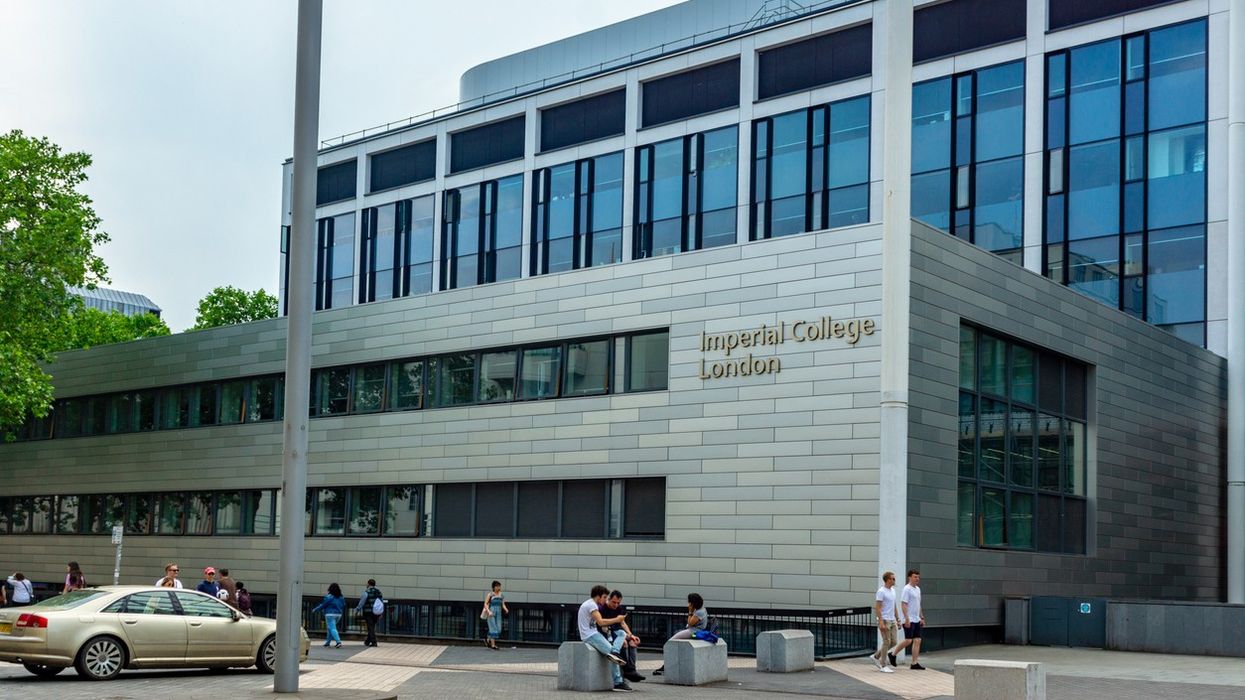LONDON’s Imperial College will set up a hub in Bengaluru in southern India to strengthen scientific, education and innovation links between the two countries, college president Hugh Brady said.
Named “Imperial Global India,” the hub will be set up as an office to build research partnerships between Imperial and leading Indian universities and research centres.
It will also work to create closer ties with businesses and government, and boost innovation, Brady added.
The official launch will take place on May 21.
“We are opening a number of global hubs such as in San Francisco, Singapore and Accra. They are not branch campuses. They help us work in countries where we have a strong track record of working together,” Brady said.
Through the India hub, Imperial will work on joint projects that match the UK-India Technology Security partnership in telecommunications, artificial intelligence, quantum computing, biotech and important minerals. Professors Sanjeev Gupta and Elena Dieckmann will lead the new facility.
Gupta studies earth science and has researched rivers and early civilisations in the Ganga basin. He also studied groundwater levels with researchers from the Indian Instituute of Technology (IIT) Kanpur.
Dieckmann studies biomaterials and recycling. She is currently working with Indian researchers to find new uses for old solar panels in buildings.
“Both academics will spend time in India to work with partners. Having a presence on the ground allows us to build better relationships and show Indian students the chances to visit Imperial, and for our UK students to visit India,” Brady added. “We are particularly excited about developing more joint PhD programmes in areas where India has great strength and which are already important for Imperial and the UK.”




